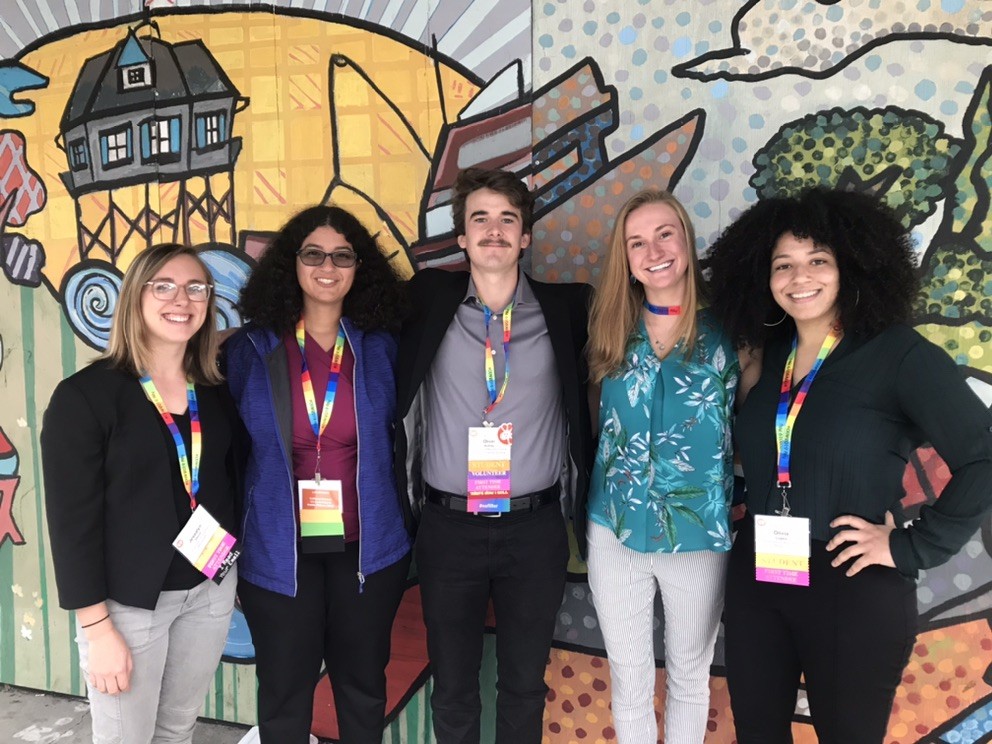Eight students will be presenting the summer work at the Ocean Sciences Meeting in March 2022!
Peter Han, State University of New York College of Environmental Science and Forestry
Class Year:
2015Mentor:
Lora Harris, Ph.D.Project Title:
Linking Salinity and Net Ecosystem Metabolism in Chesapeake Bay Wetlands
Abstract:
Sea level rise will increase the salinity in some coastal wetlands. Evidence suggests resulting metabolic shifts could increase the carbon loss from these systems. Cove Point Marsh in Calvert County Maryland experienced a saltwater intrusion and a monitored recovery to freshwater. We used in situ oxygen data to calculate respiration, gross primary production (GPP), and net ecosystem metabolism during the summers of 2011 to 2015. We incubated water and sediment samples to determine component benthic and pelagic metabolism. GPP increased with increasing salinity via a logarithmic relationship (p<0.05) as did respiration (p<0.05). NEM was not affected by salinity. Water column chlorophyll averaged 1.46 mg m-2 while sediment chlorophyll was 3.5 mg m-2. Water incubations resulted in a depth-integrated pelagic primary productivity of 0.996 g O2 M-2. The lack of correlation between NEM and salinity contradicted predictions that increasing salinity would increase carbon loss. Our results do not indicate that future salinity intrusions will contribute to positive feedback cycles of climate change. Cove Point decreased in salinity throughout our study, so potential regime shifts and other contributing factors merit consideration in future studies.




